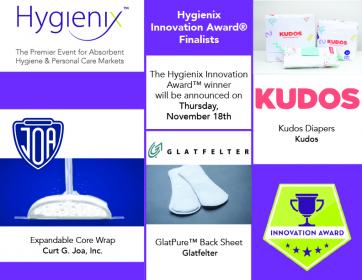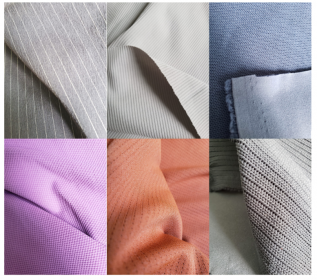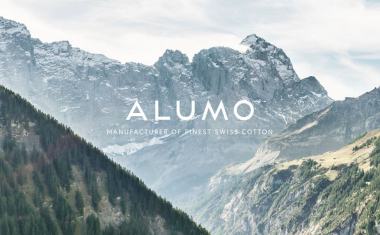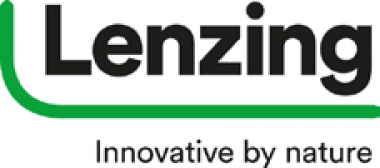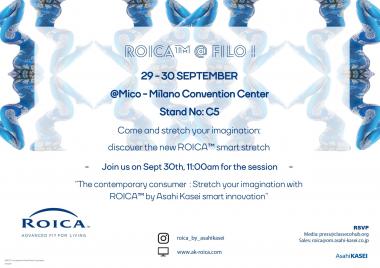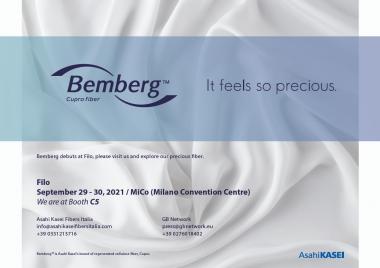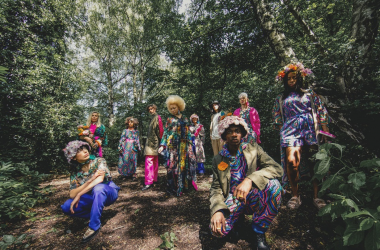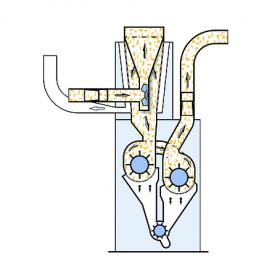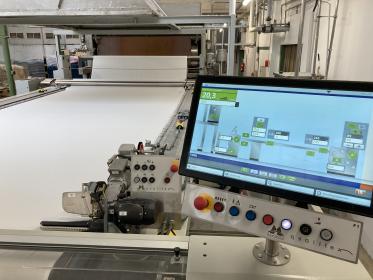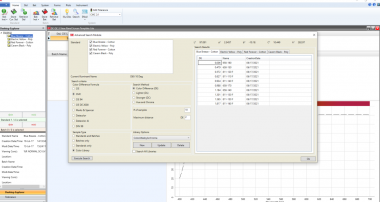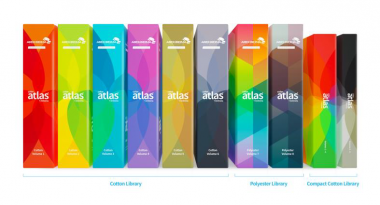INDA: Innovations in Hygiene & Personal Care at Hygienix™ 2021
With enthusiastic participant registration and continued strong growth projected in absorbent hygiene & personal care markets, excitement is building for the seventh edition of Hygienix as it returns as an in-person event just weeks away, Nov. 15-18, in Scottsdale, Arizona.
INDA reports that more than 300 participants have signed up to attend the conference with participation expected to approach pre-pandemic levels in the 500 range.
The Hygienix conference program will focus on compelling topics including New Options for a Responsible End-of-Life; Product and Process Innovation in Absorbent Hygiene Products (AHPs); Haptics: Four Approaches to Assessing Feel, and E-Hygiene Advancements; Absorbent Hygiene Products Market Stats, Trends and Policy Insights; Feminine Care: Challenges to the Status Quo; and New Approaches and Unmet Needs in Baby and Incontinence AHPs.
The conference will also feature two nonwovens workshops, a welcome reception and opportunities for 60 tabletop displays with receptions.
Hygienix Innovation Award Finalists
Among the conference highlights will be the selection of the Hygienix Innovation Award™. The three finalists are all tapping into key trends that are driving growth in this segment – innovation and sustainability – with products that promote health and a healthy environment.
Award finalists making presentations include:
- Expandable Core Wrap from Curt G. Joa, Inc. – Chris Nelson, Business Development Manager, will provide an overview of this new patent-pending expandable core wrap design that allows the core to expand within the containment wrap as the product is insulted, regardless of the blended fluff and Superabsorbent Polymer (SAP) ratio.
- GlatPure™ Back Sheet from Glatfelter – Vishal Bansal, Ph.D., Vice President, Innovation, will share how this product differs from most back sheets in today’s market that are made from plastic film and nonwovens such as Polyethylene (PE).
- Kudos Diapers from Kudos – According to Kudos Founder & CEO Amrita Saigal, a typical baby spends over 22,000 hours in diapers before potty training, making the material that touches their skin matter. Kudos is the first and only disposable diaper where baby’s bottom touches 100 percent doctor-recommended, carbon-negative, sensitive-skin-friendly cotton all day versus fossil-fuel-derived plastic
INDA


